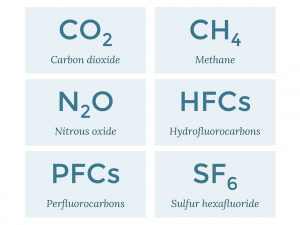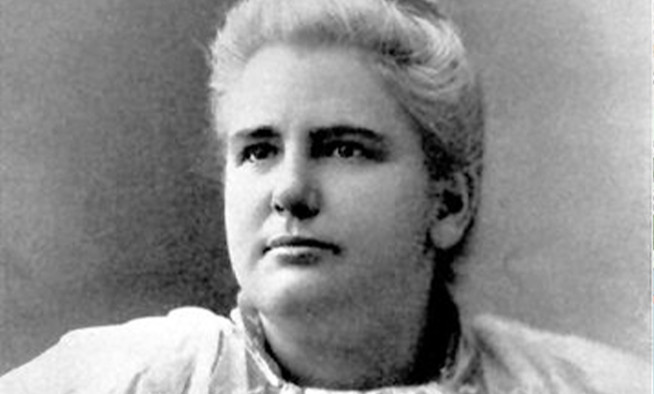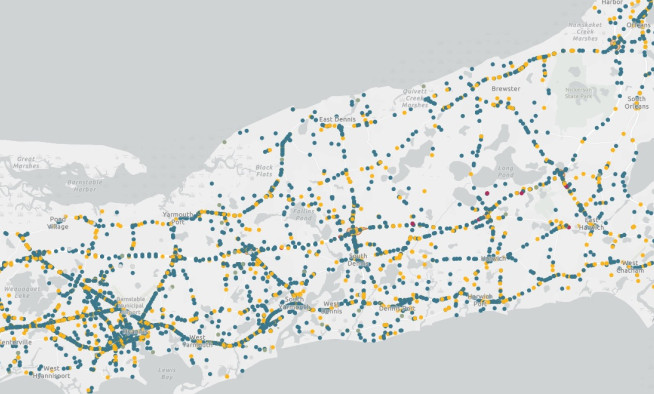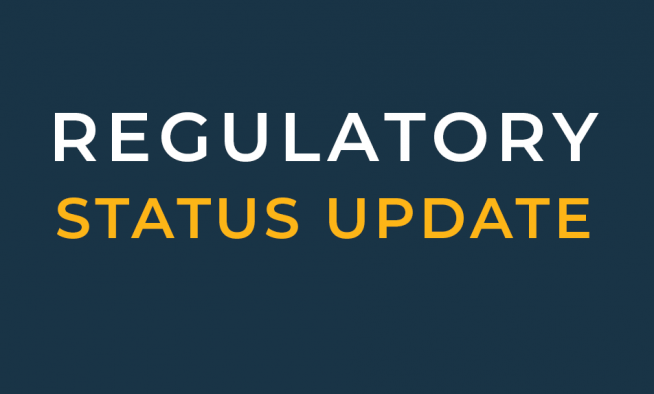Developing a Regional Greenhouse Gas Emissions Inventory for Cape Cod
 Certain gases that trap heat in the Earth’s atmosphere such as carbon dioxide (CO2), methane (CH4), and nitrous oxide (N20), are known as greenhouse gases (GHGs) and are widely acknowledged to contribute to climate change. GHGs occur naturally, and they are also emitted from human activities like using fossil fuels, through certain land management practices, or from manufacturing of products we use.
Certain gases that trap heat in the Earth’s atmosphere such as carbon dioxide (CO2), methane (CH4), and nitrous oxide (N20), are known as greenhouse gases (GHGs) and are widely acknowledged to contribute to climate change. GHGs occur naturally, and they are also emitted from human activities like using fossil fuels, through certain land management practices, or from manufacturing of products we use.
The Cape Cod Regional Policy Plan (RPP) identifies climate change as a key regional challenges facing our natural, built, and community systems. It poses threats to the region including sea level rise, increased storm activity, and increased temperatures. These threats can cause loss of life, damage buildings and infrastructure, impair coastal environments, and otherwise impact a community’s economic, social, and environmental well-being.
To prevent climate change from worsening it is critical to understand GHG contributions at various scales. In 2019, updates to the RPP, Comprehensive Economic Development Strategy (CEDS), and Regional Transportation Plan (RTP) were adopted. These regional plans recognize the importance of addressing climate change and each includes specific climate-related actions. The RPP includes a Cape Cod Commission planning action to encourage and engage communities to better understand regional GHG emissions, specifically to develop an estimated baseline of GHG emissions for the region using available models and data. This baseline can provide communities with the information to understand the contributing factors to Cape Cod’s GHG emissions.
In 2019, to help determine a GHG accounting method that best fits the land uses and development patterns of Cape Cod, Commission staff reviewed GHG inventories from eight cities and towns, seven regions, two states, and the United States national inventory to better understand the considerations, challenges, and accounting methods used in calculating GHG emissions. Those inventories – from locations in Massachusetts, New England, and across the country – were selected to provide a variety of perspectives, methodologies, considerations, and data presentation styles, and to represent a range of development densities and land use patterns. Commission staff worked with regional and state GHG practitioners and data experts to develop an appropriate method for calculating a GHG inventory for Cape Cod.
The Commission will estimate emissions from activities inside Barnstable County and certain activities outside of Barnstable County from the following sectors: stationary energy (buildings); industrial processes and product use; transportation; agriculture; land use, land use change, and forestry; and, waste. Gases to be inventoried include: carbon dioxide (CO2); methane (CH4); nitrous oxide (N2O); and fluorinated gases: hydrofluorocarbons (HFCs), perfluorocarbons (PFCs), sulfur hexafluoride (SF6). Barnstable County-specific data and methods will be used where possible and appropriate. The inventory will also consider seasonality in emissions where appropriate and feasible.
This framework is similar in approach to inventories calculated using the Global Protocol for Community-Scale Greenhouse Gas Emission Inventories established by the International Council for Local Environmental Initiatives (ICLEI), the World Resources Institute, C40 Cities, and the Intergovernmental Panel on Climate Change Guidelines for National Greenhouse Gas Inventories.
Commission staff are currently collecting and analyzing data for GHG emissions calculations.
It is the hope that this inventory will provide a better understanding of the sources of carbon emissions, helping the region to set policies to reduce them. A draft inventory is anticipated during the summer of 2020.
Related Posts




